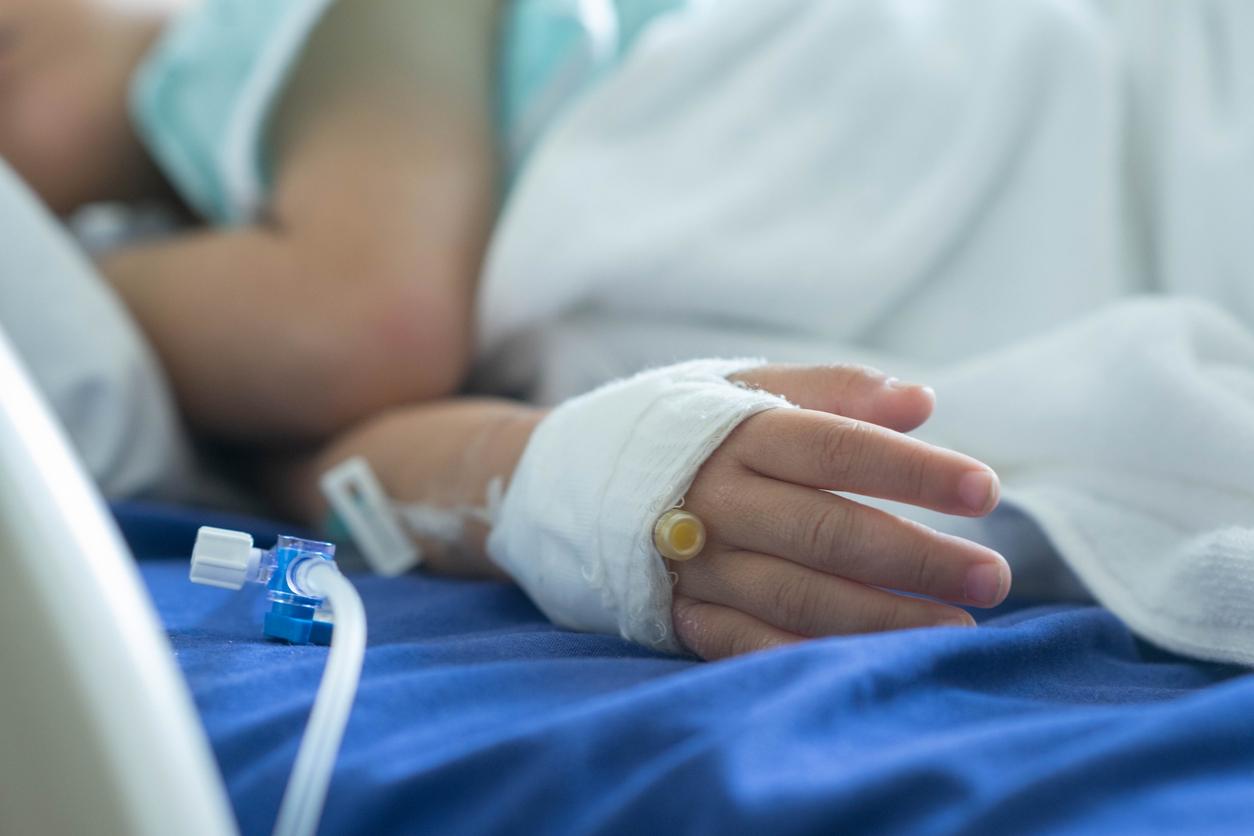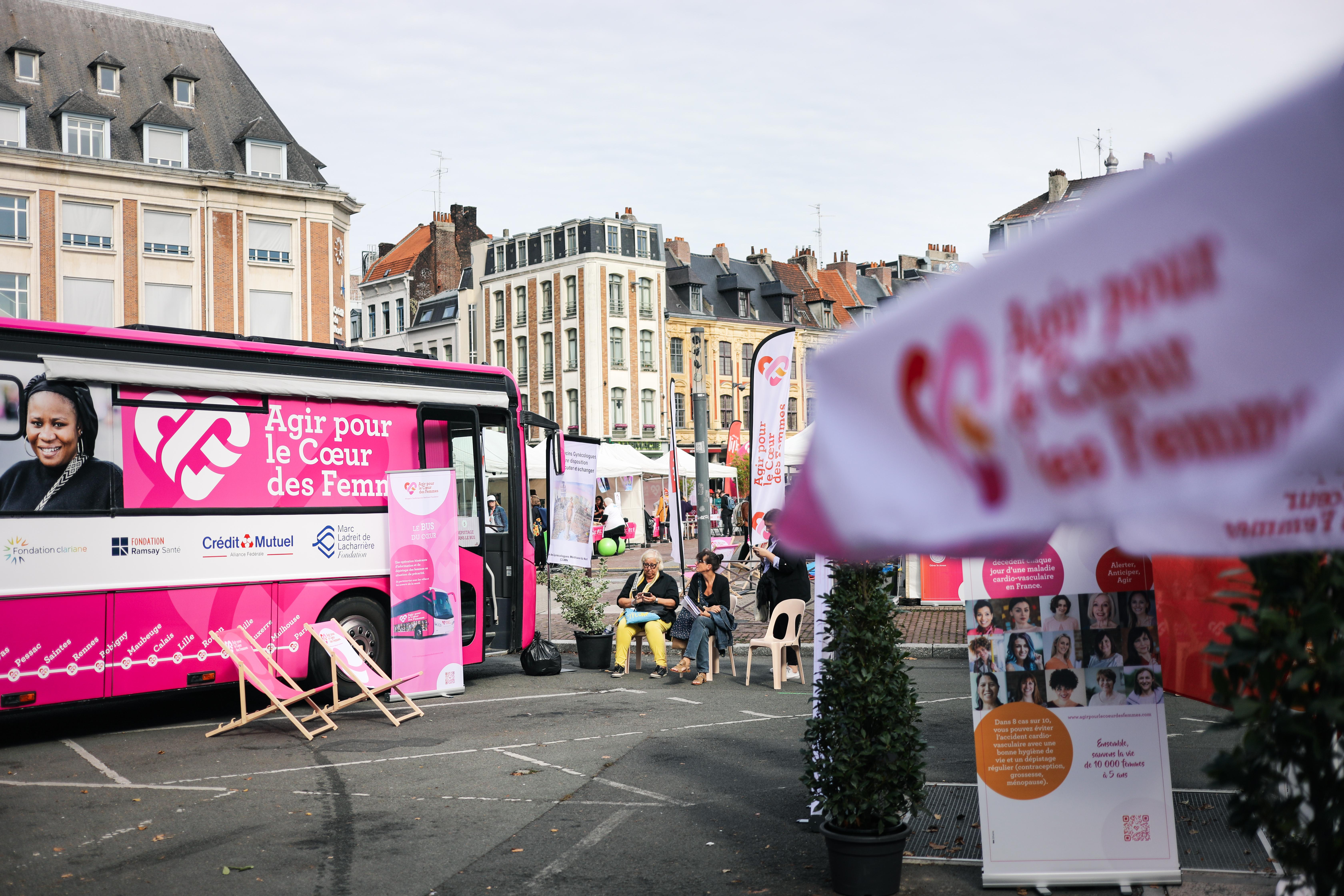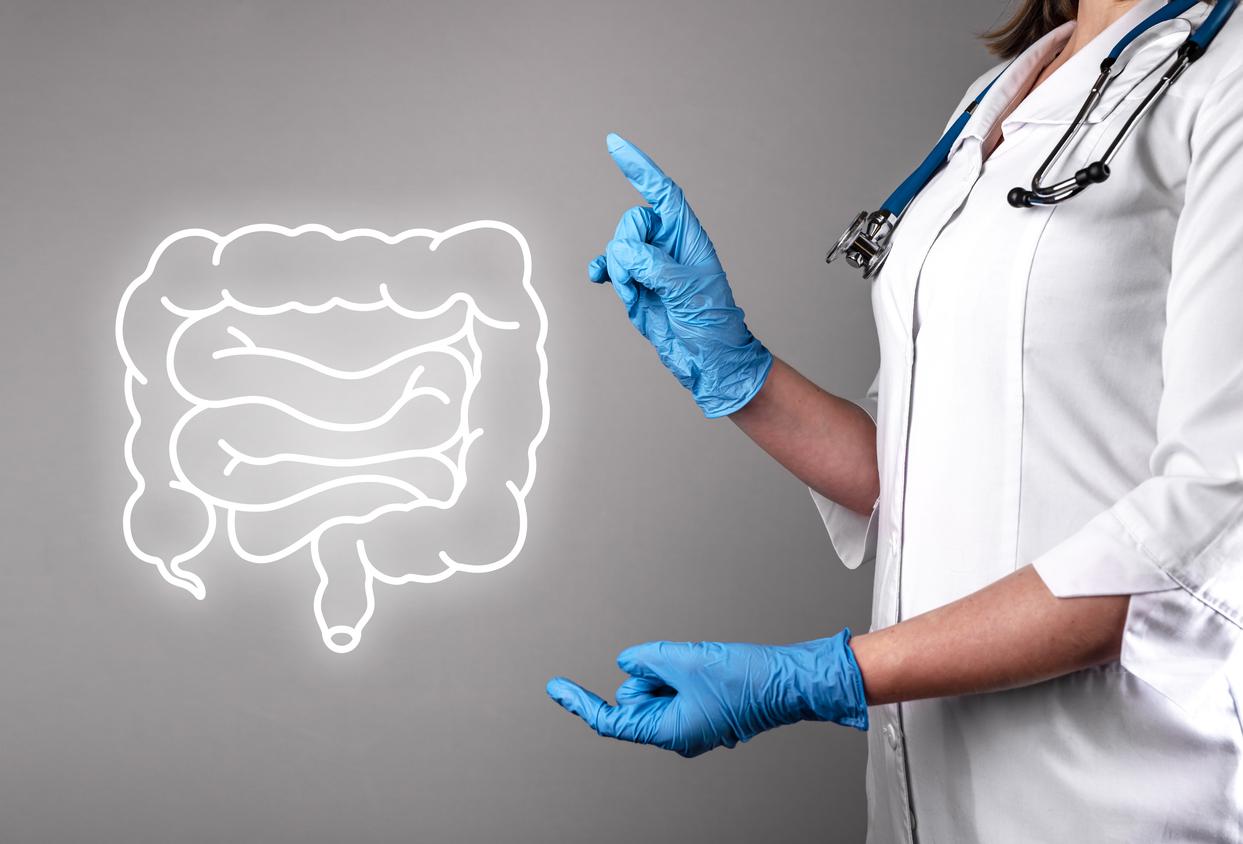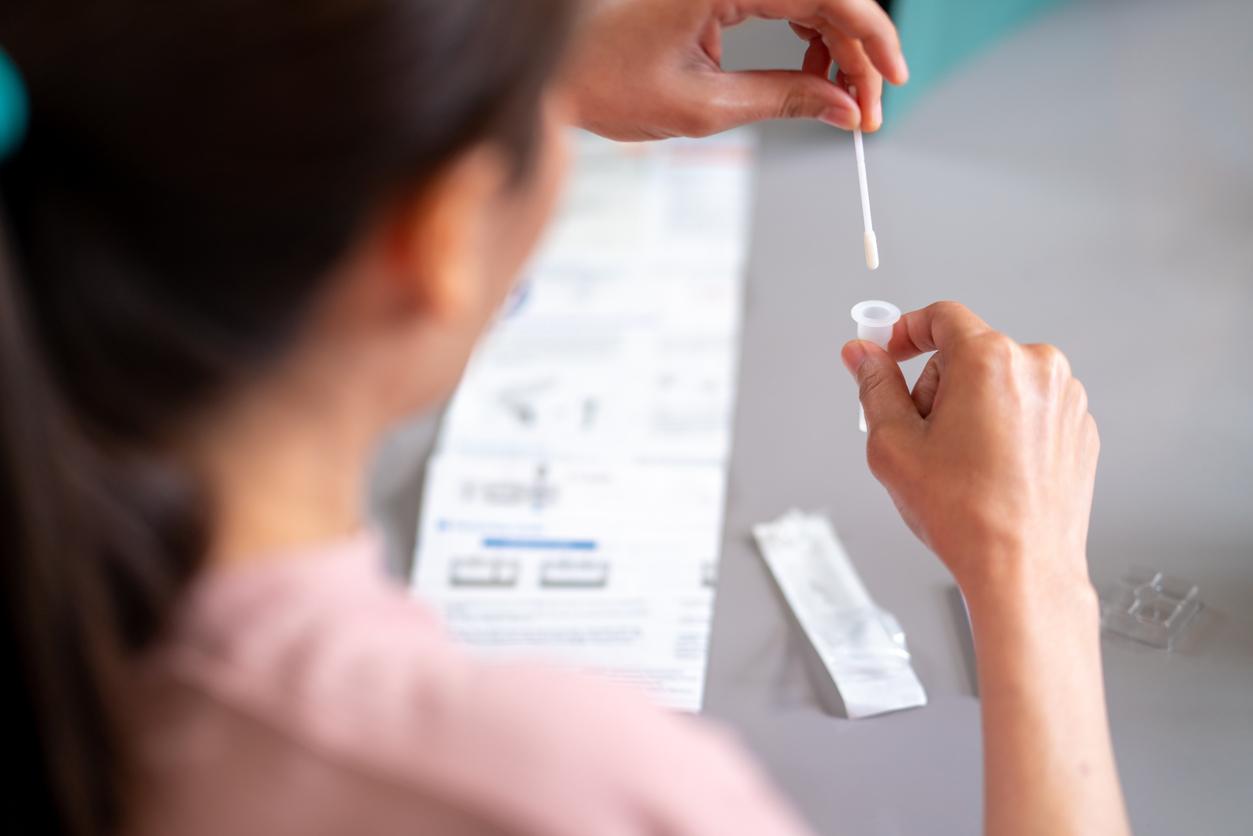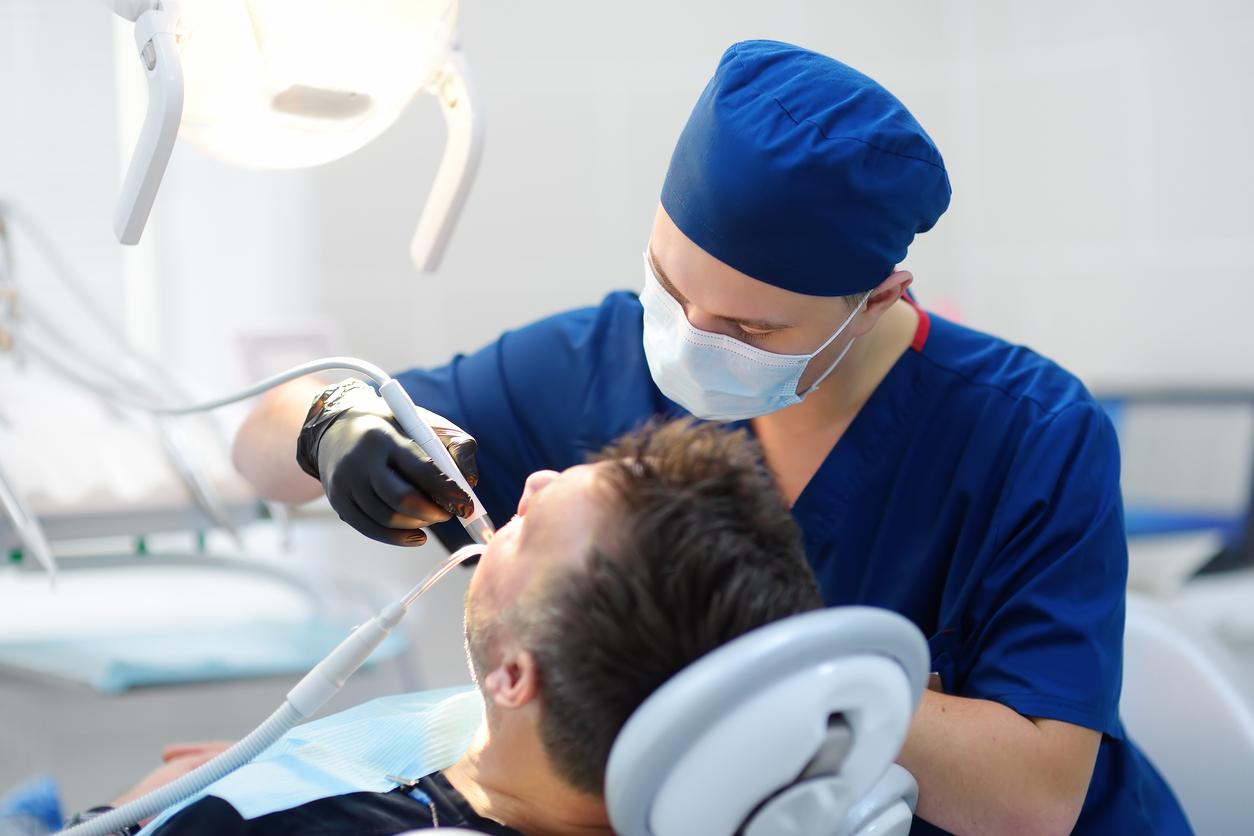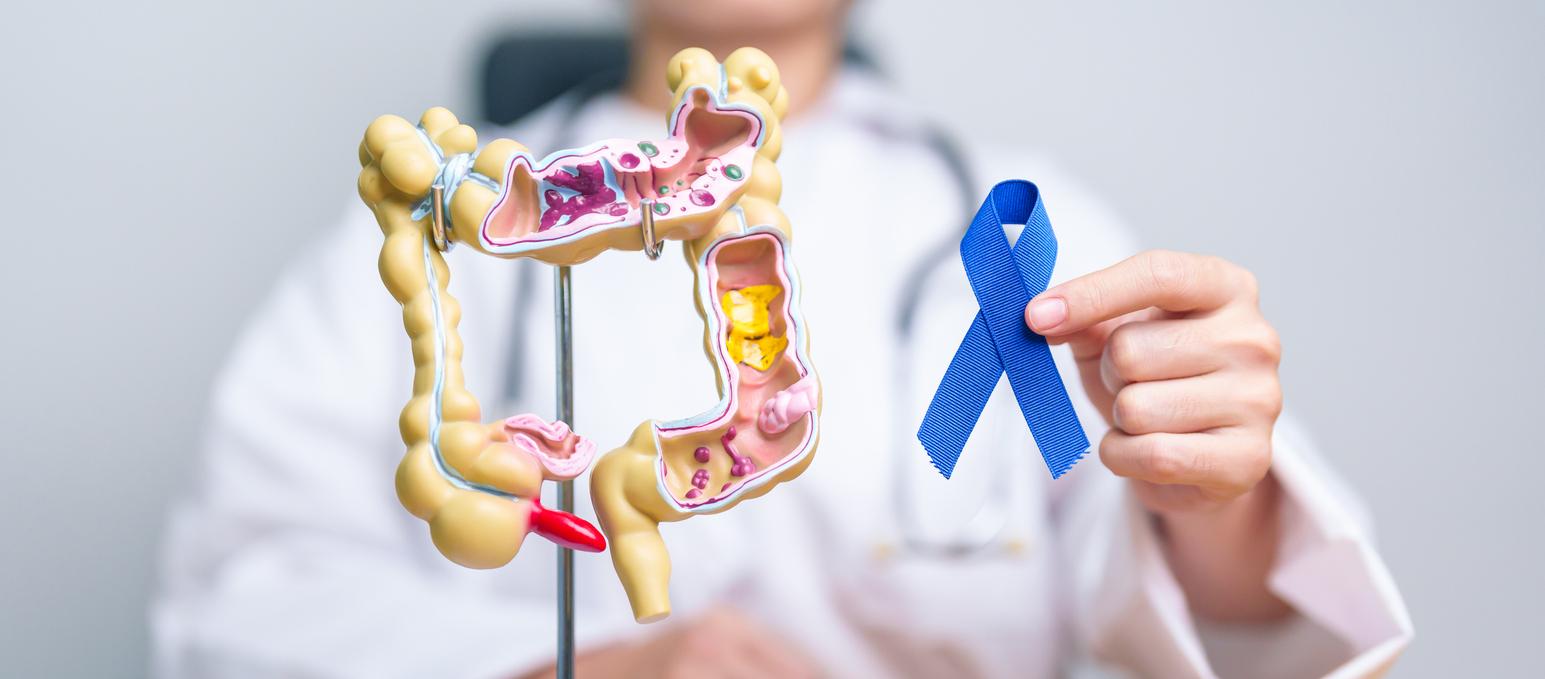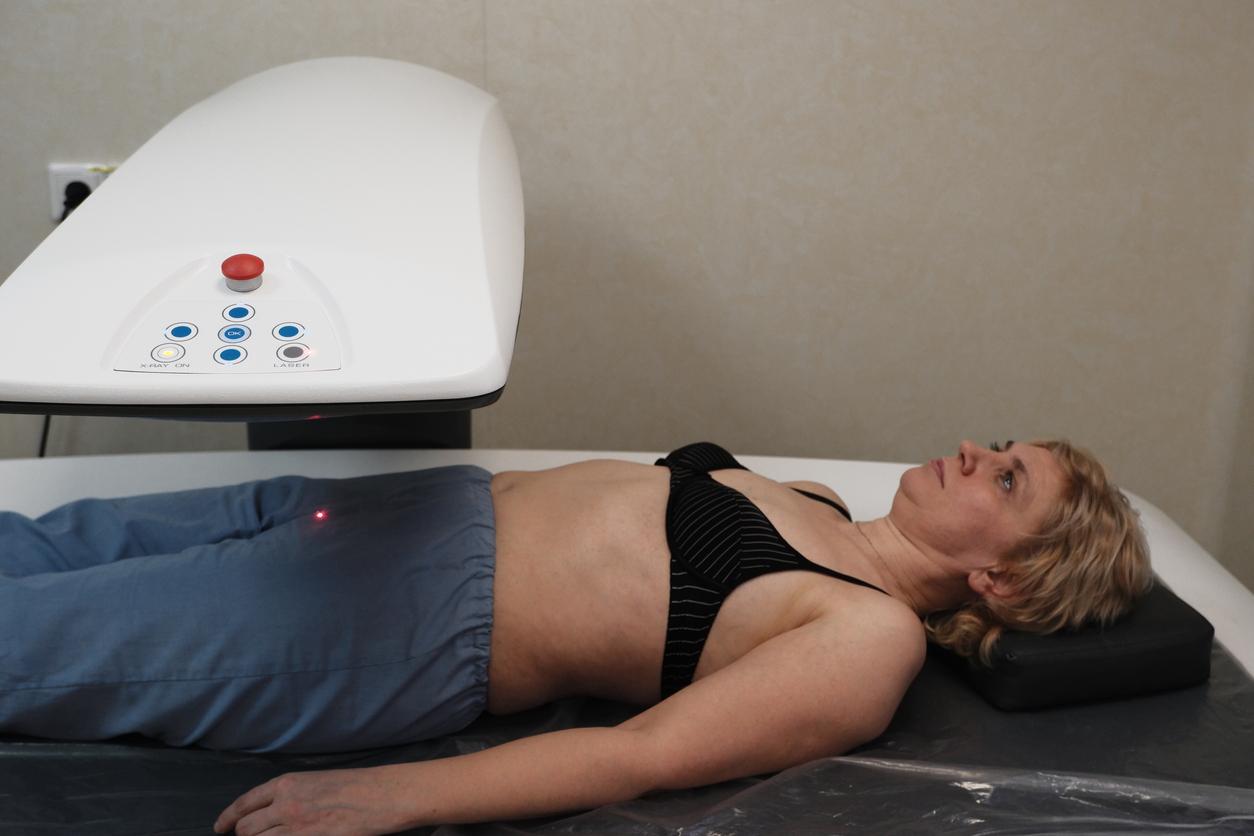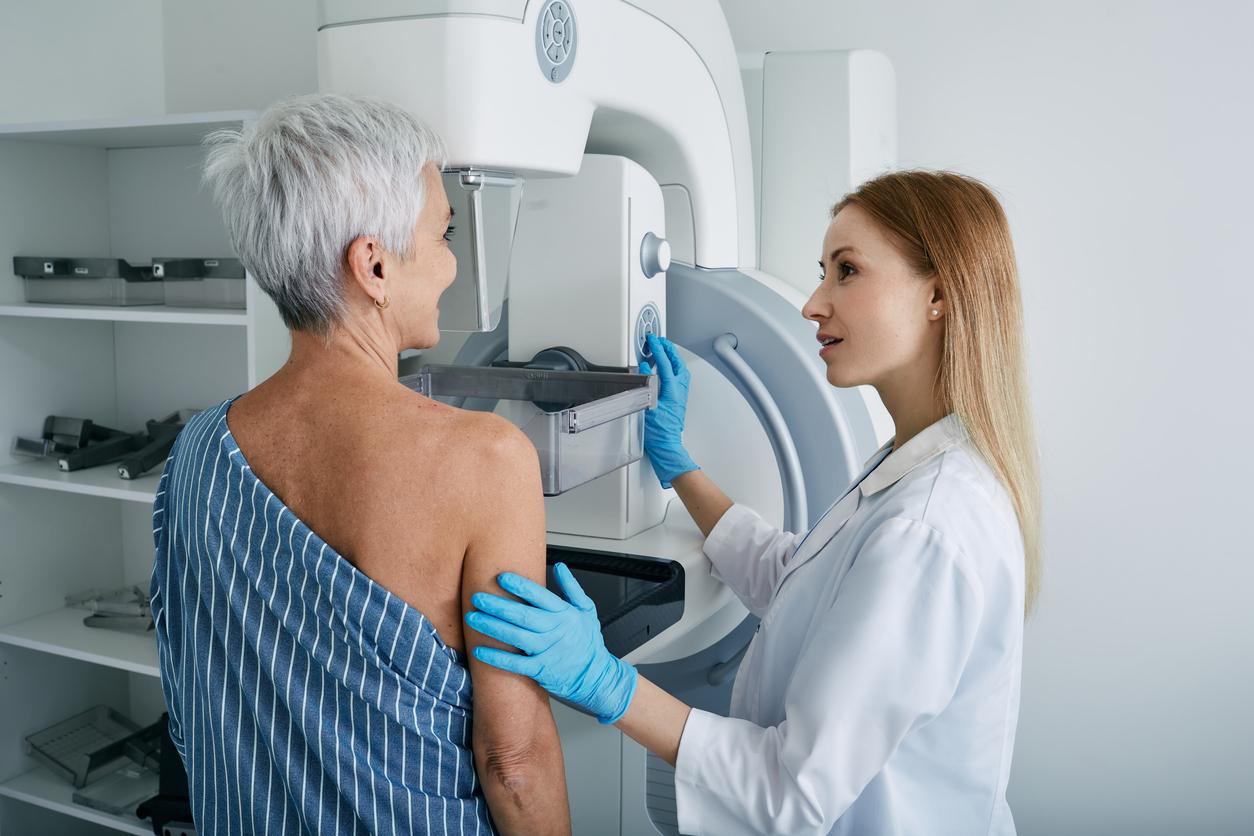The coronavirus has infected 1,784 French people. From prevention to hospital care for the most serious cases, through testing and containment, zoom in on the journey of an infected person.
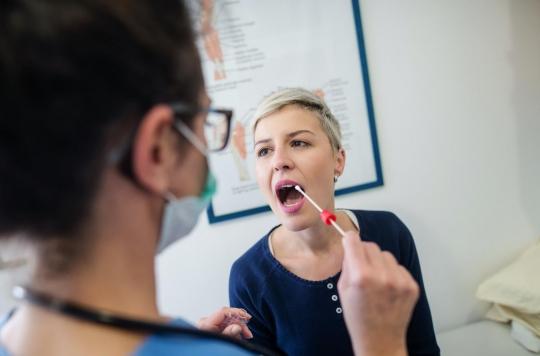
- It is important to respect the rules of prevention
- Contact 15 and stay at home at the first symptoms
- Laboratories can carry out tests at home
- Worrying cases are referred to the hospital
France has, at time T, 1,784 people infected with Covid-19. How is the care of infected people going? How is the screening going? Who decides on hospitalization and what treatments are currently used? A short guide to the journey of a person infected with the coronavirus, from prevention to care in a specialized center.
Prevention and first actions in case of suspicion
To avoid coronavirus infection, a number of measures should be followed. On the dedicated pagethe government lists the behaviors to adopt: “Se wash your hands very regularly, cough or sneeze into your elbow or into a tissue, greet without shaking hands, avoid hugs and use single-use tissues and throw them away.” If you are in a risk zone where the virus circulates, it is advisable, in addition to these basic gestures, to take your temperature twice a day, to avoid all contact with fragile people as well as the places they frequent. , or to monitor the appearance of respiratory symptoms.
If a fear of contamination appears, a few rules are added to these recommendations. If you show signs of respiratory infection (fever, cough, breathing difficulties), if you live in an area where the virus circulates or within 14 days of returning from an area where the virus circulates, you must contact the Samu Center 15, avoid contact with those around you and do not go to your doctor or to the emergency room to avoid any potential contamination. It is also possible to make a teleconsultation, access to which has been facilitated by the government. You can also wear a surgical mask but “it is not the right answer for the general public, because it cannot be worn permanently and above all has no indication without close and prolonged contact with a patient”says the government.
What does the test consist of?
If you show symptoms of Covid-19 infection and the Samu, contacted beforehand, prescribes isolation, you should limit your travel as much as possible. You should avoid public transport, the workplace and public places, with the exception of medical appointments where you are advised to go with a surgical mask and notify of your arrival. At home, it is better to stay in a single room to avoid coming into contact with other residents, the government advises “to wear a mask, to wash your hands frequently, not to touch common objects and to wash frequently touched surfaces (handles, etc.) daily”.
However, how do you know if you just have a cold, the flu, or if you have Covid-19? Only patients who have acute symptoms of the coronavirus or patients hospitalized for other pathologies and who have the symptoms of the coronavirus in addition are tested. The health authorities, who recommended testing only hospitalized patients, authorized, since last Sunday, city laboratory tests on medical prescription. Tuesday evening, during his daily press briefing, Jérôme Salomon, the Director General of Health announced the upcoming organization “of channels for taking charge of city direct debits”so that the patients do not have to park in a waiting room, but that it is the laboratories which move to their home with “a collection team, which can be a nurse, perfectly protected”. This test, developed by the Pasteur Institute, consists of a nasal or throat swab, where mucous membranes are extracted using a small brush. It then takes five hours to know the result. This test costs €54, of which 70% is covered, and €135 if it is carried out in a hospital environment.
If the test is positive
If the coronavirus test is positive, the referral decision is made by the referring infectious disease specialist. If the patient does not show any serious symptoms, he may be sent home with remote medical monitoring. However, if the latter presents a worrying state, he will be taken care of by a reference health establishment selected by the Regional Health Agency (ARS). Currently, there are 38 centers of this type in France and 70 others should be activated, announced the Minister of Health, Olivier Véran. The goal for severe infections is to alleviate symptoms while waiting for the disease to leave the body. To find out if the patient is cured, a new diagnostic test will have to be performed.
On the other hand, do not panic to have since the cure concerns the majority of the cases. “The disease heals spontaneously in the vast majority of cases”told France info epidemiologist and former director general of health William Dab, specifying all the same that “severe cases develop respiratory failure which may justify the use of an artificial respirator”. No vaccine exists for the moment, even if the Pasteur Institute is currently working on a first version and a Marseille hospital has launched a first clinical study with an antimalarial.




